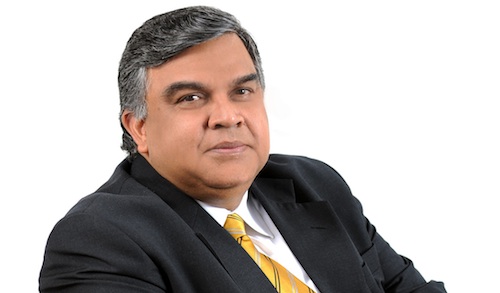
Telkom rival Neotel reported a net loss of nearly R1,6bn in the 2010 financial year, according to information accompanying Tata Communications’ recently released annual results.
It’s the first time that India’s Tata Communications has revealed the extent of the losses being incurred by its SA subsidiary.
The steep 2010 loss raises fresh concerns that the country’s second fixed-line operator, licensed in 2005, is losing its way, especially in the retail consumer market where its strategy of taking on the incumbent operators is failing.
In the financial year to 31 March 2010, Tata Communications reported a net loss of Rs 598 crores (R1bn), including a net loss of Rs 464 crores (about R770m) flowing from its 49,01% holding in Neotel.
Extrapolated out, that works out to a net loss of nearly R1,6bn.
Because Neotel isn’t listed, it doesn’t break out its financial results, or provide detail on whether it’s meeting its profit targets. Neotel says it won’t comment on the numbers or their implications for the company.
Many SA consumers had placed their faith in Neotel, hoping it would provide a strong and viable alternative to Telkom. But the operator has failed to set the market alight. Squabbles between shareholders delayed its launch by years. And, since launch, industry players say the company has been far too conservative in its approach to the market.
Of course, when Neotel first entered the market, the industry was a lot less competitive than it is now. Altech’s 2008 high court victory over former communications minister Ivy Matsepe-Casaburri that threw open the market to competition hasn’t helped the company. Today, even small Internet service providers enjoy the same basic rights as Neotel.
But Neotel’s poor performance can’t be attributed only to a changing regulatory environment. Industry executives polled by TechCentral say the company lacks the dynamism needed to get ahead in an increasingly competitive environment.
Though it’s believed to be performing relatively well in the business space, where it has signed up big corporate clients, Neotel has failed to make much of an impact in the retail consumer market.
In written response to questions from TechCentral about its retail business, corporate communications head Wandile Zote says the company has “just under” 50 000 consumer subscribers on its books. Compare that to SA’s smallest mobile operator, Cell C, which has 7m customers, or to Vodacom, with 26m.
Zote says Neotel is “not prepared” to divulge the original subscriber target set out in its business plan as it “not under obligation to do so”.
“Having said that, we’re seeing a steady but consistent increase in subscribers on a month-to-month basis.”
Zote says Neotel, which has invested about R600m in a CDMA-based wireless network, has no plan to exit the retail consumer market “for the foreseeable future”.
“We are continuously evaluating the shifting market trends and we’ve just refined our go-to-market strategy and we’re optimistic this will begin to bear fruit in due course,” he says.
In an interview with TechCentral in March, Neotel CEO Ajay Pandey indicated that the company would launch prepaid services in the next “four to six weeks” in an effort to lift its market share among retail consumers. It’s been nearly 12 weeks since that interview and prepaid products still haven’t been launched.
Zote has said subsequently that there will be a “soft launch” of the prepaid offerings in July, followed by an official launch on 1 August. “We already have a channel partner in place but I’m not at liberty to divulge the name at this stage,” he says.
But one senior industry executive who interacts closely with Neotel says it’s clear that the company’s consumer strategy has failed. “It’s a great pity because there’s a big opportunity there,” he says. He blames Neotel’s “lethargic culture”. “I sometimes question whether they’re really passionate about the consumer market.”
The executive says Neotel is “not nearly as aggressive” as it needs to be. “The company needs to be more entrepreneurial. There’s no passion there; there’s no urgency to get things done.” — Duncan McLeod, TechCentral
- Subscribe to our free daily newsletter
- Follow us on Twitter or on Facebook




